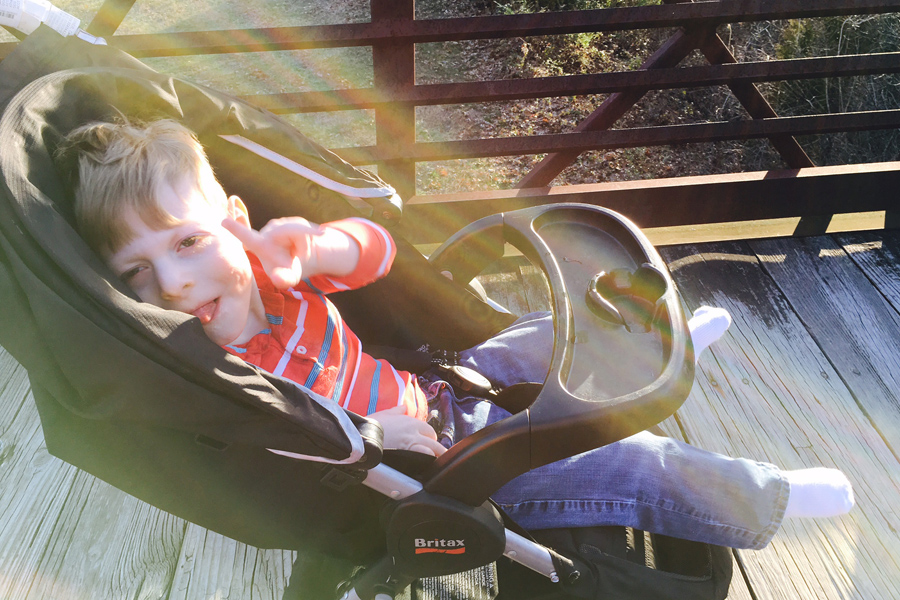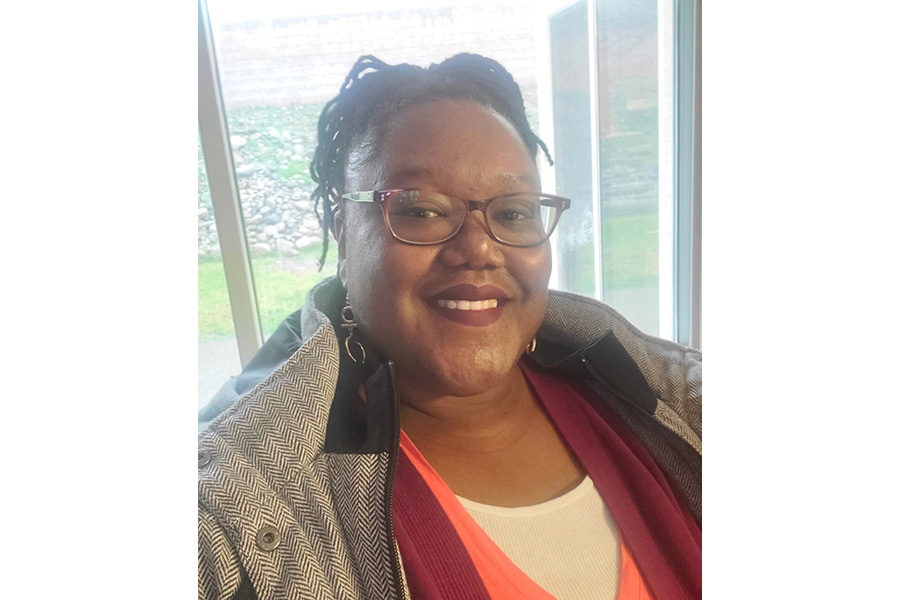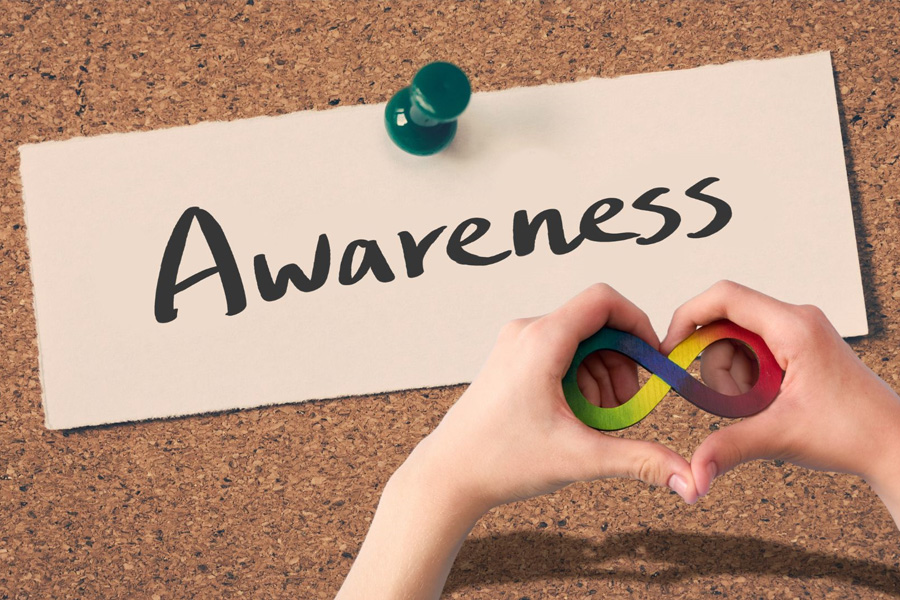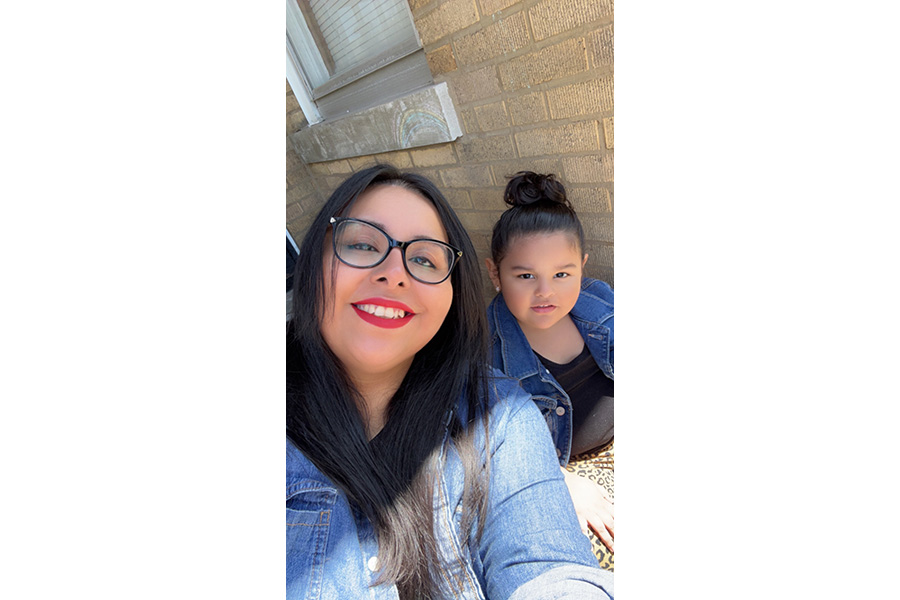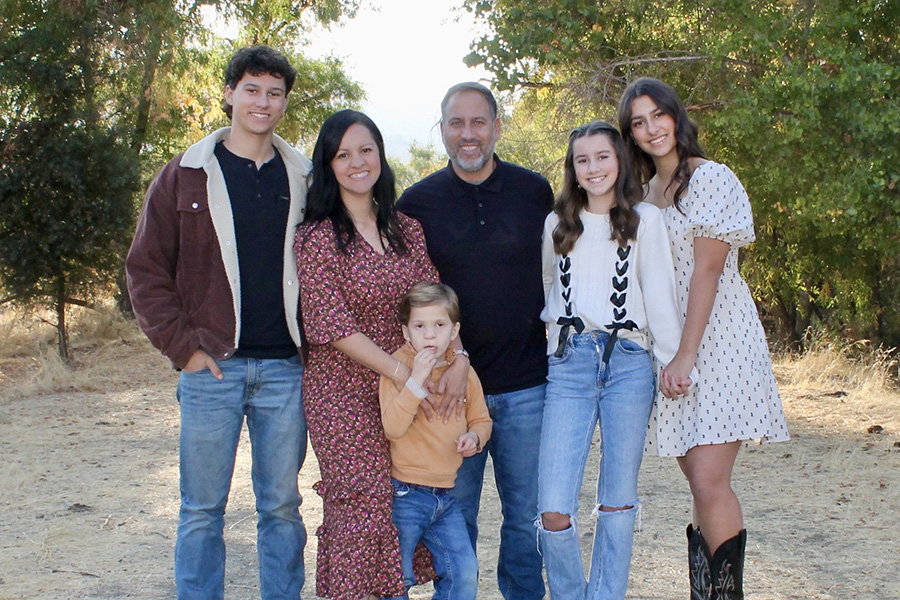There is a concept in trauma therapy often referred to as a “glimmer.” Most people are familiar with the idea of triggers – certain people, places, incidents, sensory stimuli – that cause your nervous system to go on high alert. Your body becomes aware of a potential danger nearby and then floods your system with adrenaline. It readies you for fight or flight.
What is a Glimmer?
Glimmers exist in opposition to triggers. These are the little cues that can bring you a sense of calmness, safety and ease. Coined by Deb Dana in her book The Polyvagal Theory in Therapy, glimmers are what keep you moving forward through trauma and into healing. They help build coping skills to counteract those triggers when they occur, and they provide a sense of serendipity in the world when it often feels unkind.
Those with disabilities and their caregivers have experienced their fair share of trauma – the intensity and stress of the hospital setting, continual therapy and the constant monitoring of “progress”, the cost of medical procedures and adaptive equipment, unwanted contact and comments from strangers. It’s exhausting and endless. We need these glimmers because we need the energy, safety and rest they bring.
Glimmers in My Son’s Life
When my son Charlie was in the neonatal intensive care and could not breathe on his own, I lived in a constant state of panic, or potential panic, which amounts to the same thing. I rarely sat down during visiting hours because I needed to watch the monitor that measured his heartrate and oxygen. I’d rather see the dip coming than be jolted by the alarm. When he came home from the NICU with a tracheotomy, I don’t think I hit a REM cycle until he turned two. These were intense, traumatic years. I coped with long walks and frequent visits to the one place in the hospital food court that made a good Frappuccino.
Charlie is ten now and thriving. He uses a wheelchair to move and a speaking device to communicate and he is overall a happy kid. But we both have our triggers. Loud noises and people getting too close can bring him to tears. His glimmers are quiet strolls in the sunshine, the texture of a book’s pages and marathon iPad time. This soothes him.
Glimmers in my Own Life
My glimmers are the unexpected ones. They come to me as proof that the world is still good and will take care of my son even when I cannot. My spouse recently got a new job. The year prior we had been working to get Charlie a new wheelchair. It’s a lengthy process. The insurance finally came through and it was ordered, only to arrive two days after our insurance lapsed. We had to start the process all over again. Where’s the glimmer in that? It turns out our new insurance covered more of the cost. We got a little financial win for once.
This year our favorite special education teacher moved out of state. I was devastated. Charlie thrives on routine. Like those residents that rotated in the NICU to whom I had to repeat his entire medical history, I couldn’t imagine starting all over with someone else. But then we met his newly assigned teacher and they instantly connected. He fist-bumped him. They both smiled. I took a breath and then another and felt my heartrate slow. It was the universe’s way of showing both me and Charlie that we were going to be okay.
Learning to Appreciate the Small Things
Sometimes the glimmers are smaller – a break in the rain when Charlie is about to get on the lift of his school bus. An open handicapped space at the grocery store. Yesterday, a hummingbird flew an inch from my nose and hovered there long enough for me to put down my book and stare before it zoomed away. It was two seconds, maybe three, but it was enough to make me smile at the end of a very long day.
Experiencing these glimmers are life-giving. Acknowledging their existence is perhaps even more vital. We need to believe that the world is good and will bring goodness into our lives. It’s a rolling wave, of course. The dips will come again, but so will the hummingbird.

Jamie Sumner is a special needs mom and author.
Jamie-Sumner.com
Author of the middle-grade novels:






